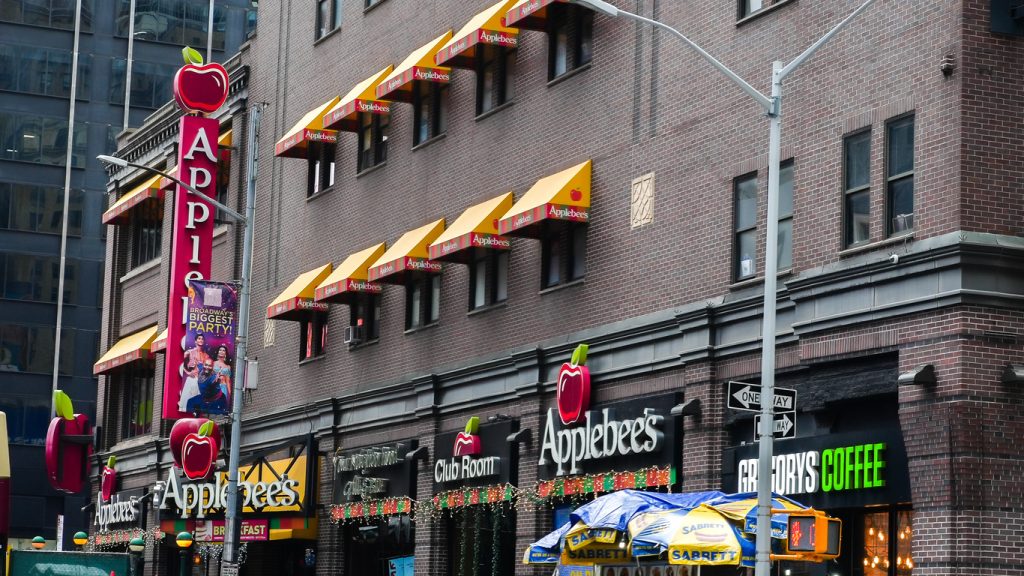
New York’s Living Wage Gets Mayoral Boost
Living wage legislation is proven to reduce poverty, and New York City Mayor de Blasio is taking a step toward fulfilling his campaign promise to reduce income inequality. A living wage is the minimum income required to meet basic needs like housing, clothing, and nutrition without additional aid. A living wage is different from minimum wage, which is set somewhat arbitrarily. The minimum wage is often not high enough to meet basic needs and leaves many in dire need of additional support from government programs.
De Blasio’s executive order means that businesses that receive city subsidies will have to pay employees who aren’t receiving health benefits $13.13 an hour, up from $11.90. Workers who do receive health benefits who currently earn $10.30 will now receive $11.50. This change will cover 18,000 workers over the next five years. Living wage laws cover businesses that receive state assistance or have contracts with the government. The Mayor hopes to pressure the State Legislature to raise the minimum wage across the board, currently an inadequate $8.75 an hour. Although President Obama’s efforts to raise the national minimum wage to $10.10 has stalled, 13 states and 4 cities saw minimum wage increases this year in their local legislature.
“This new living wage executive order will improve the lives of thousands of low-wage workers, especially in the retail sector,” Stuart Appelbaum, president of the Retail, Wholesale & Department Store Union, said in a news release. “It will ensure that retail tenants and subtenants in development projects help reduce poverty instead of perpetuating it.”


